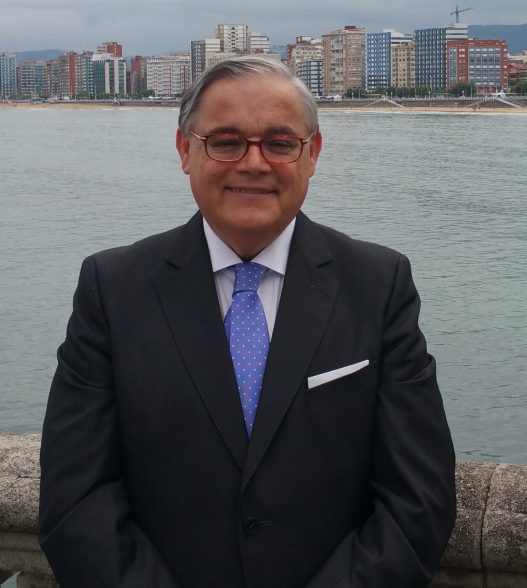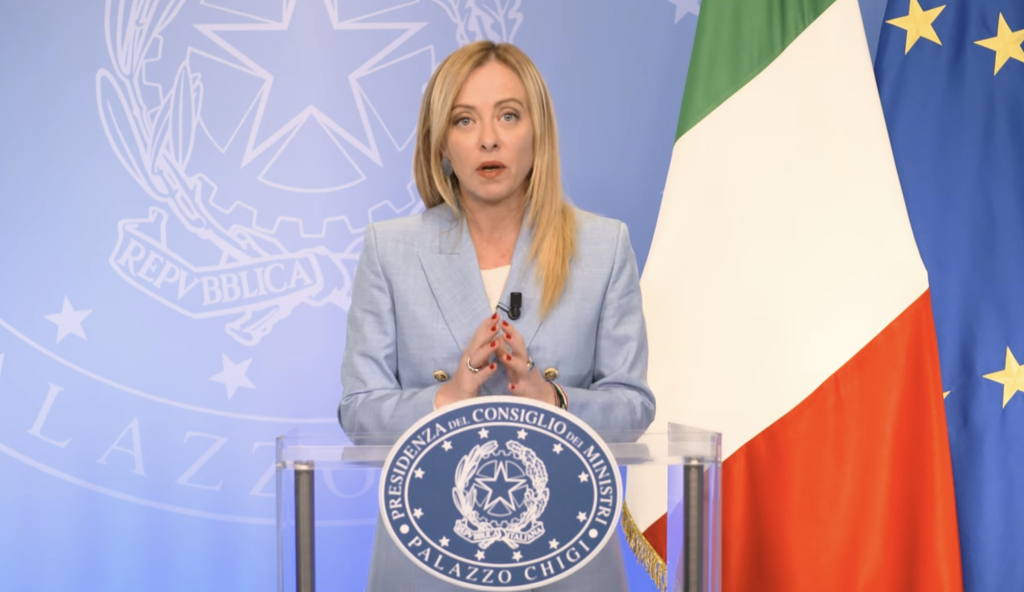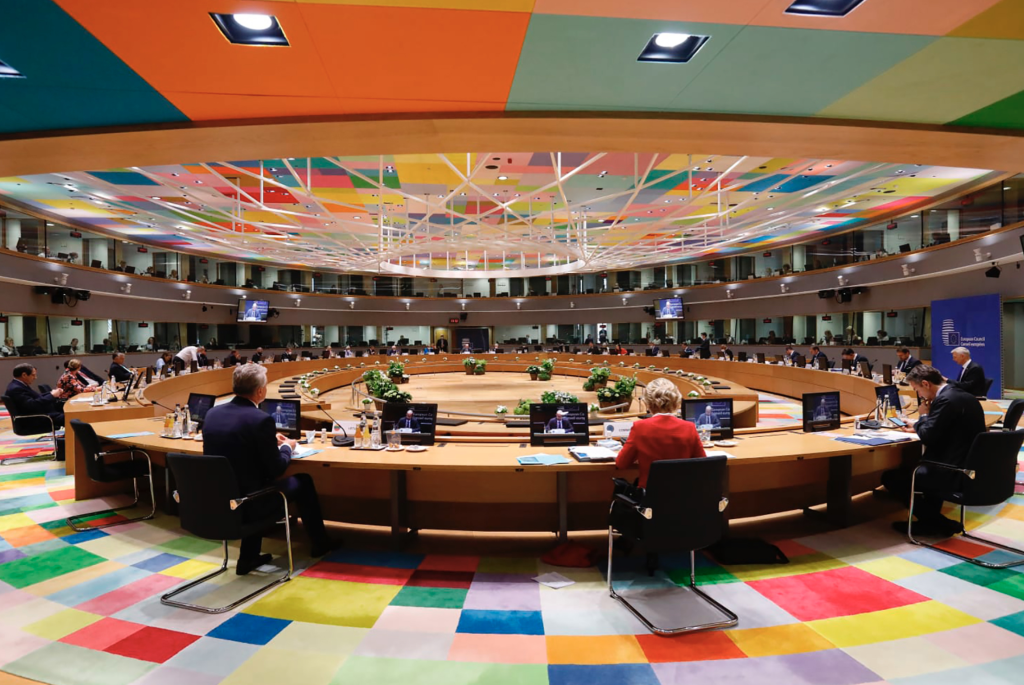ALBERTO BARCIELA
IDA VITALE, A HUNDRED YEARS OF EXACT WORDS

“Me hicieron de cien años algunos minutos que se quedaron conmigo, / no cien años” (“They made me of a hundred years a few minutes that stayed with me, / not a hundred years”), the verses of Antonio Porchia (1885-1968), an Argentine poet of Italian origin in “Las revelaciones desnudas” (“The naked revelations”), from the book “Voces” (“Voices”), fits into the song of celebration of the centenary, this November 2, of the birth of Ida Vitale, the Uruguayan Penelope of also Latin roots, the lady capable of weaving with very fine threads, with words, an immense geography. She does it with an attentive gaze, raising the voice of experience to light with which to combat the uncertainties of everyday life, of the future hollowed out by memories and wounded by the present. She does it with a subtle feminine sensibility. In her, as in Porchia, everything becomes brief and precise, as exemplified by this beautiful fragment, an intelligent invitation, from her work: “Sí, no vayamos más lejos, /quedemos junto al pájaro humilde/ que tiene nido entre la buganvilla/ y de cerca vigila./ Más allá sé que empieza lo sórdido,/ la codicia, el estrago” (“Yes, let’s not go any further, / let’s stay next to the humble bird/ that has a nest among the bougainvillea/ and keeps a close watch,/ beyond I know that the sordid begins,/ greed, havoc”).
I believe that the Cádiz critic José Ramón Ripoll, writer, poet, journalist and musicologist, captured the essence of the celebrated author: life, ethics and verb. He did so in an article “Ida Vitale o la reducción del infinito” (“Ida Vitale or the reduction of infinity”), in which he wrote “what Vitale’s poetry has of life does not refer to a biographical sense, but to an essential one, the song of life itself, in its present, which becomes a vivid and eternal image. What she has of ethics is that which moves her to look at the other and give him his space, his being, his dignity. Finally, the verb offers her the key, the bridge, to approach the poetic event”.
A member of the Generation of ’45, Ida Vitale shares the Uruguayan Parnassus with other writers such as Juan Carlos Onetti, Mario Benedetti, Emir Rodríguez Monegal, María Inés Silva Vila, Ángel Rama or Idea Vilariño, the latter of Galician origin. But Ida is universal, like almost all of them, the heritage of the 600 million Spanish speakers in the world, a fact that we have just learned, and that comes to celebrate the birthday of the 2019 Cervantes Prize winner, whose work has also been translated into Italian, German and Portuguese, among other languages.
In her creation, Ida weaves, braids, intertwines, the human aspects of feminism, the light of love or hope, reaches her vertigo, suffers loneliness and exile, builds her shelters, proclaims her freedom, praises the artists of the plastic arts or letters, sings to the book, transits time and makes love with words. And it is capable of translating the light language of the raindrops on the glass into a
Inspired, subtle and beautiful scopes, fortunate encounters, permanent inspiration and lucidity, these are her verses, her poems are full of questions but her true contribution is a spring of answers, of exact words.
We must celebrate Ida’s one hundred years among us. I turn again to the sapience of Antonio Porchia, concise, able to sing to the creators all: “Esos muy diminutos seres que viven un corto momento, sabemos que/ viven un corto momento, pero no sabemos si viven cien largos años/ en el corto momento que viven.” (“Those very tiny beings who live a short moment, we know that/ they live a short moment, but we do not know if they live a hundred long years/ in the short moment they live.”)
“Reality is two moments, the moment in which one lives it and the infinite moment in which one remembers it.” Ida Vitale placed us before the intimacy that overwhelms us, in a difficult moment for the world. From her we know that “a one-day rain may never end”. Her words made beautiful even the pain, a hopeful consolation.
Alberto Barciela, Spanish journalist, is vice-president of EditoRed.
This text is for free use. If you plan to use it, please cite the author and EditoRed.



